In her morning news conference on Thursday, Sheinbaum was asked about her position on the bombing campaign.
Recommended Stories
list of 3 itemsend of list
“Obviously, we do not agree,” Sheinbaum replied. “There are international laws on how to operate when dealing with the alleged illegal transport of drugs or guns on international waters, and we have expressed this to the government of the United States and publicly.”
Sheinbaum is the latest Latin American leader to express opposition to the air strikes, which have killed at least 37 people since the campaign began on September 2.
Mexico has had to strike a delicate balance with the US since President Donald Trump’s return to the White House in January.
Among Trump’s second-term priorities were stemming the flow of undocumented immigration across the US-Mexico border and implementing protectionist trade measures, most notably tariffs, to tamp down on foreign competition.
Economic pressure on Sheinbaum
To pursue those goals, Trump has placed pressure on the Sheinbaum administration to comply with his demands.
In late January, for instance, the Trump White House announced it would slap the US’s neighbours and biggest trading partners — Mexico and Canada — with 25 percent tariffs on their exports.
The Trump administration argued the steep tax hike was necessary to hold the countries “accountable to their promises of halting illegal immigration and stopping poisonous fentanyl and other drugs from flowing into our country”.
Several days later, on February 3, Trump agreed to pause the tariffs for 30 days, but only after receiving concessions from both countries.
In Mexico’s case, Sheinbaum agreed to “immediately reinforce” its border with the US with 10,000 National Guard soldiers, in an effort to crack down on drug trafficking.
In a phone call between the leaders, Trump reportedly paid Sheinbaum a compliment, “You’re tough.” Sheinbaum has since been referred to in media reports as the “Trump whisperer”.
But the 25 percent tariff nevertheless came into effect that March, and the Trump administration has continued to squeeze Mexico on trade and other issues.
In July, for instance, Trump posted a letter addressed to Sheinbaum on his social media platform Truth Social, threatening to raise tariffs against Mexico by 30 percent to force further action to stop fentanyl trafficking.
Trump acknowledged his “strong relationship” with Sheinbaum, but blamed her government for falling short.
“Mexico has been helping me secure the border, BUT, what Mexico has done, is not enough,” Trump wrote. “Mexico still has not stopped the Cartels who are trying to turn all of North America into a Narco-Trafficking Playground.”
If Sheinbaum retaliated with tariffs of her own, Trump warned that he would add the same amount on top of the 30 percent tariff. Eventually, Trump backed away from his threat of increased tariffs after a call with Sheinbaum.
A month earlier, in June, the US Treasury also sanctioned three top Mexican banks and financial institutions, accusing them of being vehicles for laundering illicit drug money.
The banks denied the charges, but the fallout was swift, with some of the sanctioned institutions reporting that their access to international financial platforms was severed.
Fears of a US military strike
But Trump’s increasingly aggressive posture towards drug-smuggling cartels has prompted fears that his administration might take military action on Mexican soil.
The escalation began early in Trump’s second term, when he announced his intention to label Latin American cartels as “foreign terrorist organisations”, a designation largely given to armed groups who seek to destabilise the US through violence.
Though the “terrorist” label alone does not constitute authorisation for military action, critics feared it was a step towards such an intervention.
Then, in May, both Sheinbaum and Trump acknowledged that the US had offered to send its soldiers to Mexico to combat local drug cartels. That revelation came as the US built up its military presence along its shared border with Mexico.
Sheinbaum confirmed to reporters that she had rejected the offer. “Sovereignty is not for sale,” she said. “Sovereignty is loved and defended.”
In August, Sheinbaum once again had to allay fears of an impending US action on Mexican soil. That month, reports emerged that Trump had secretly signed an order authorising US military force against Latin American cartels, raising fears of an attack on foreign soil.
Sheinbaum maintained the US would not conduct operations on Mexican territory, though. “We cooperate, we collaborate, but there will be no invasion,” she told reporters. “That is ruled out, absolutely ruled out. We have stated this in every call.”
Still, the Trump administration has hinted in recent weeks that a land-based attack is imminent, as it conducts a series of deadly air strikes on alleged drug dealers.
The target of such an attack remains unknown. But on Wednesday, in an Oval Office meeting with NATO Secretary-General Mark Rutte, Trump reaffirmed his plans to launch such a strike, even without the US Congress’s approval.
“ We will hit them very hard when they come in by land,” Trump said of the alleged drug-traffickers. “And they haven’t experienced that yet. But now we’re totally prepared to do that.”
So far, the air strike campaign that began in September has focused on targets in the Caribbean Sea, near Venezuela and Colombia. This week, however, that campaign expanded to the Pacific Ocean, near Colombia’s western coast.
Trump has identified the targets as small boats — and, in one case, a submarine — that he alleges were carrying narcotics to the US. But his administration has provided no evidence to substantiate those allegations, and officials in Latin America have warned that some of the victims appear to be fishermen.
Ecuador, for instance, released one of the two survivors of the attack on the submarine, claiming it had no evidence of criminal charges against the man.
Colombia’s President Gustavo Petro, meanwhile, has claimed a fisherman named Alejandro Carranza was killed in the strikes. Families in Trinidad and Tobago, which is situated close to the Venezuelan coastline, have also expressed concern that their missing relatives were among the deceased.
Nine strikes have been carried out against nautical vessels since September, the most recent on Wednesday.
Legal experts, including human rights officials at the United Nations, have warned that the strikes likely violate international law, which prohibits extrajudicial killings outside of combat.

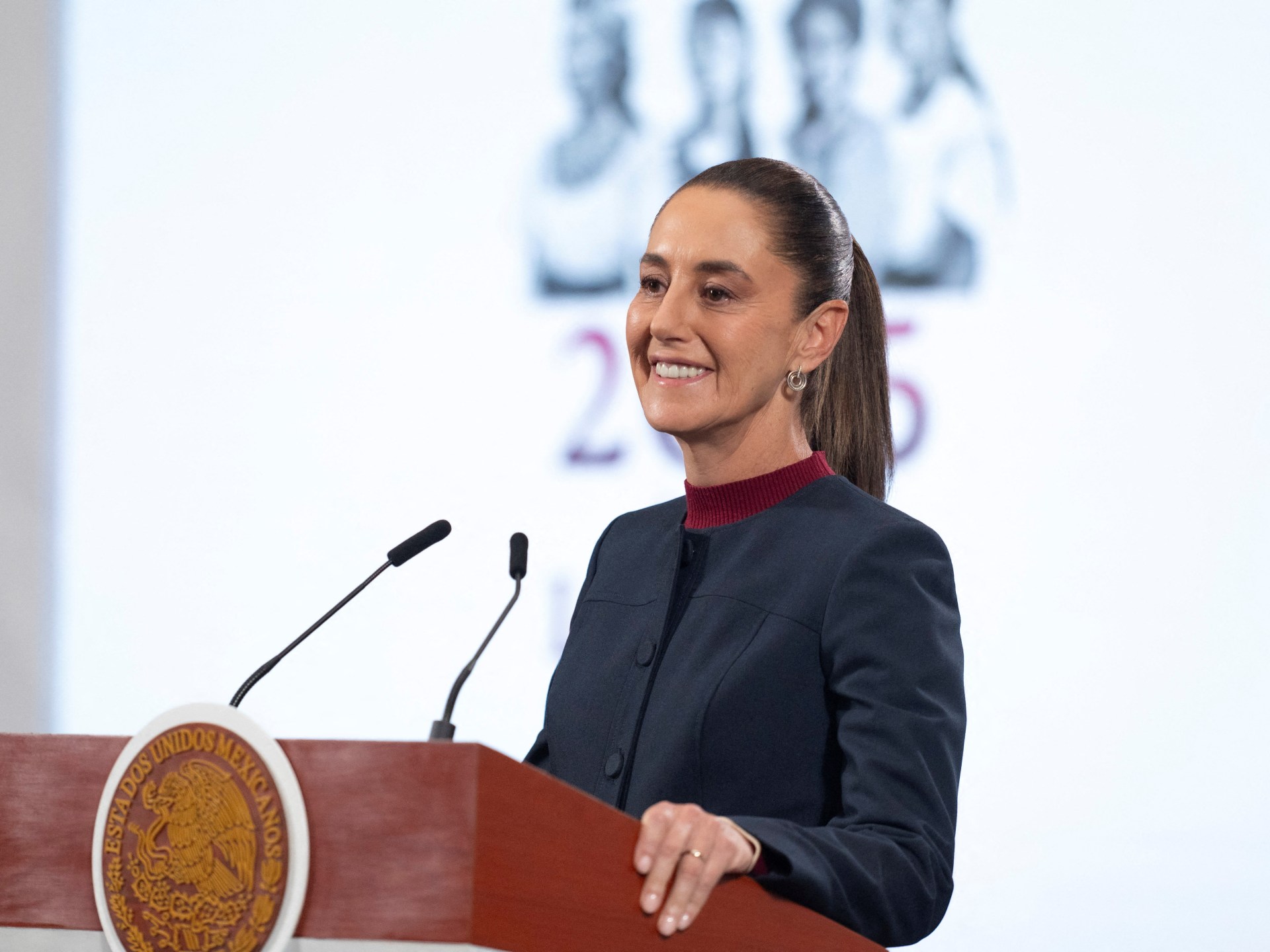
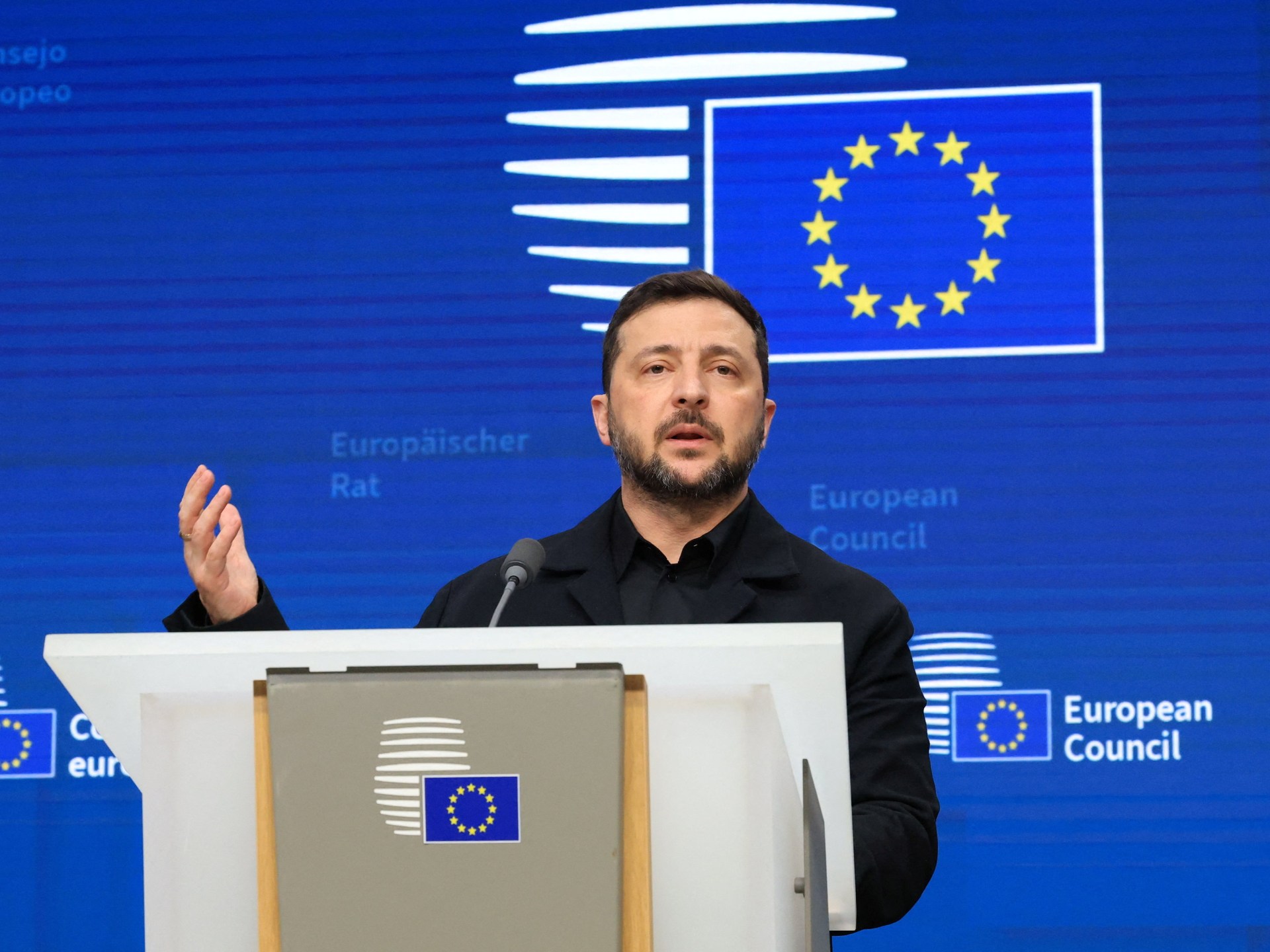

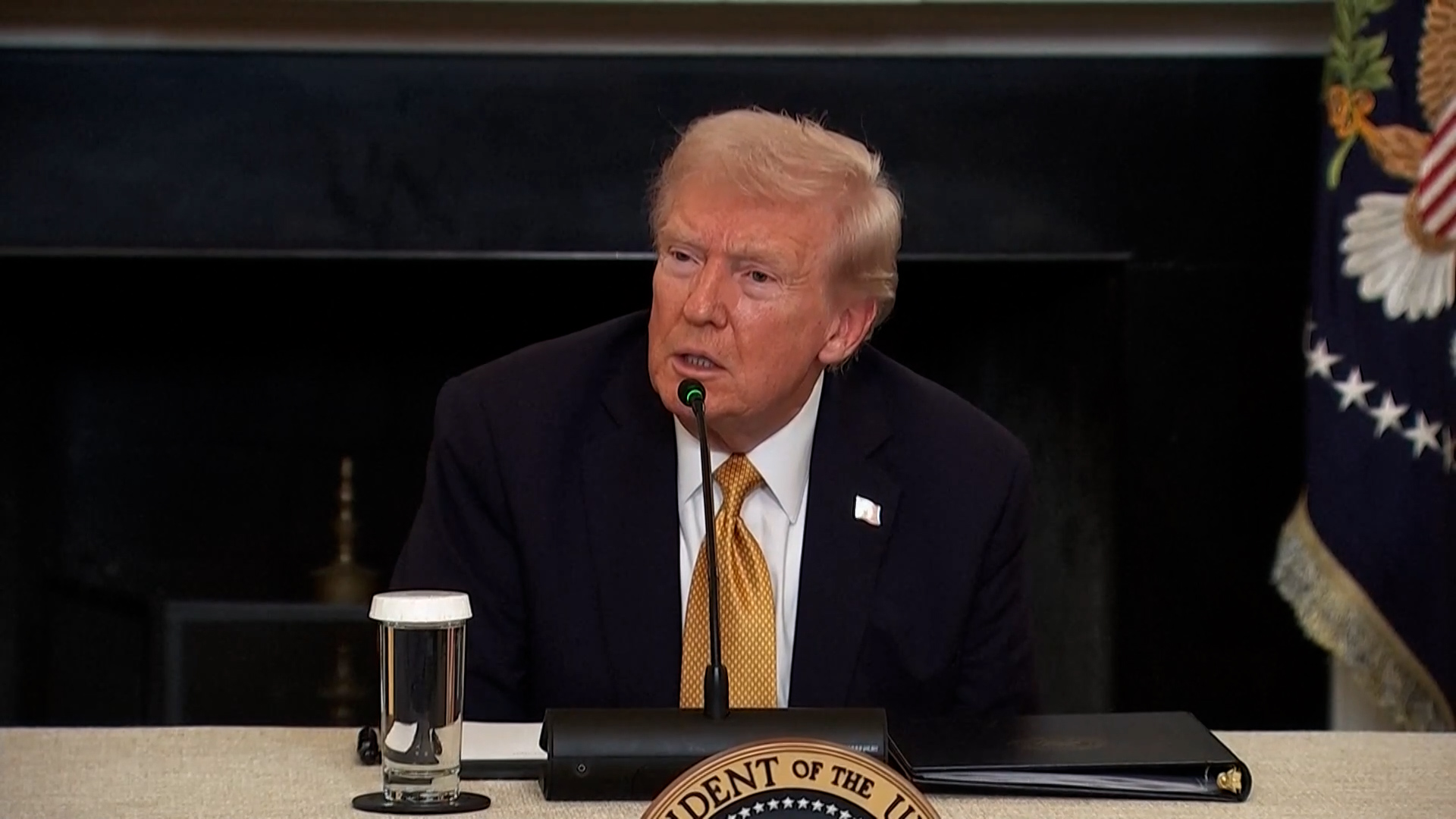
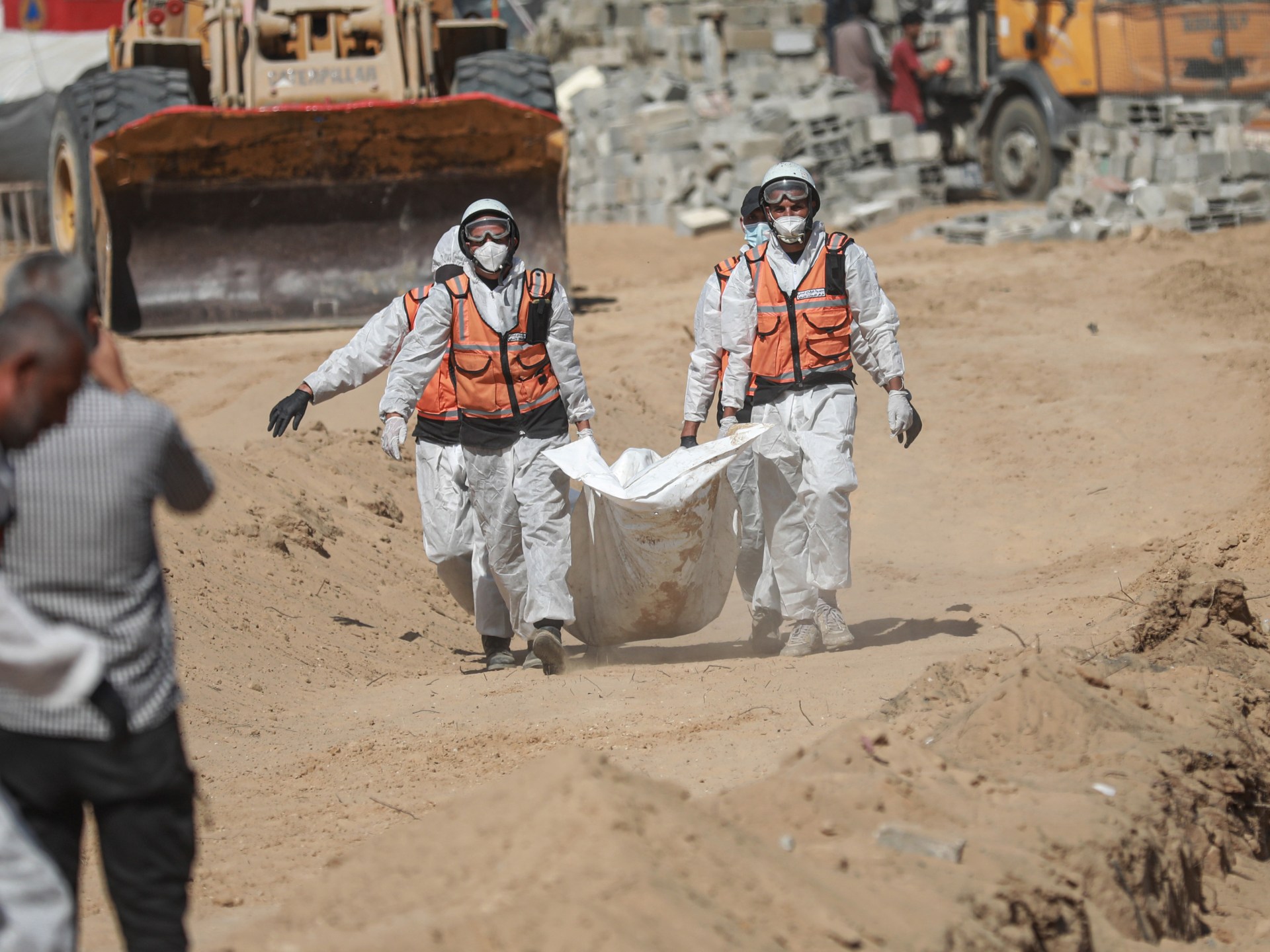
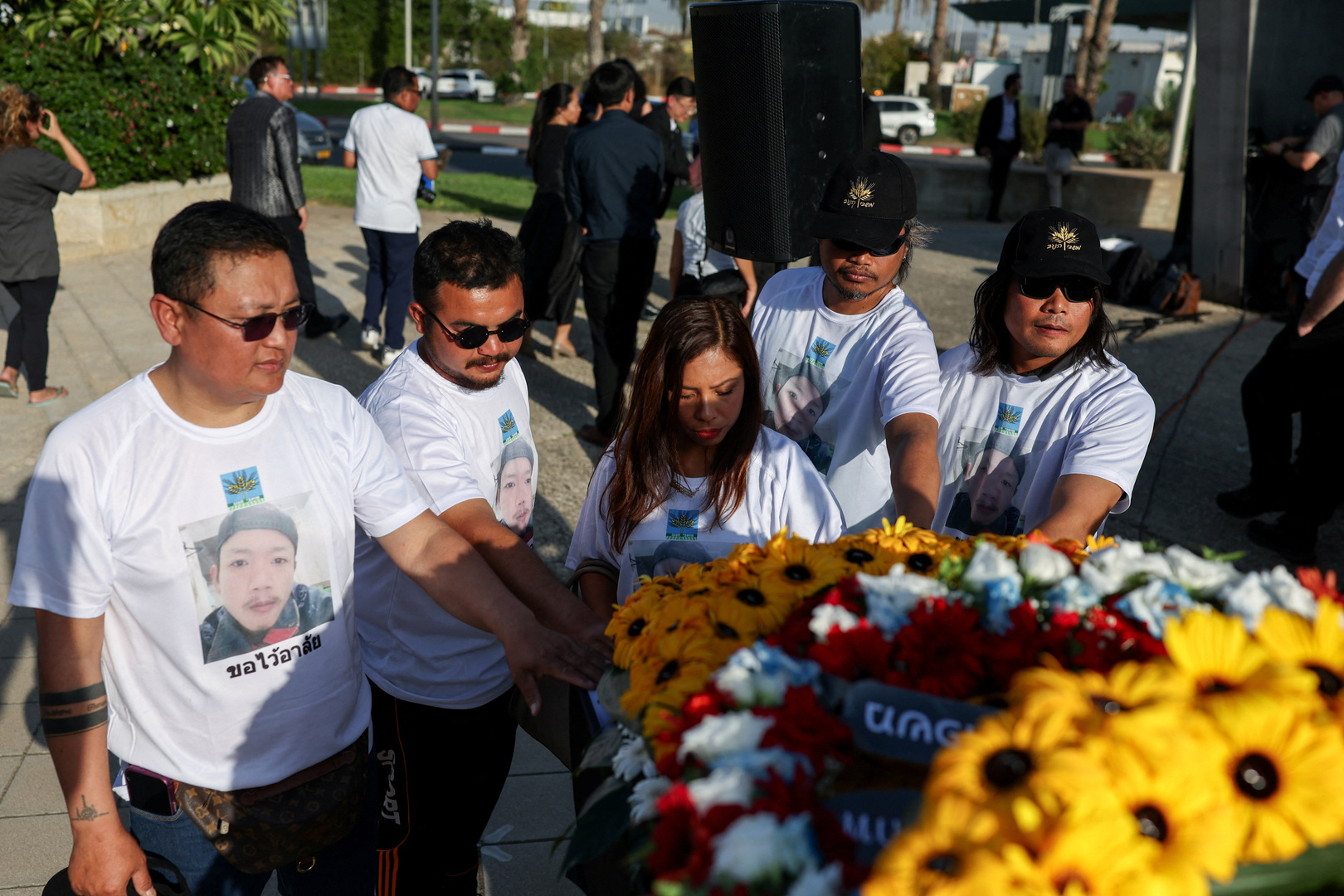
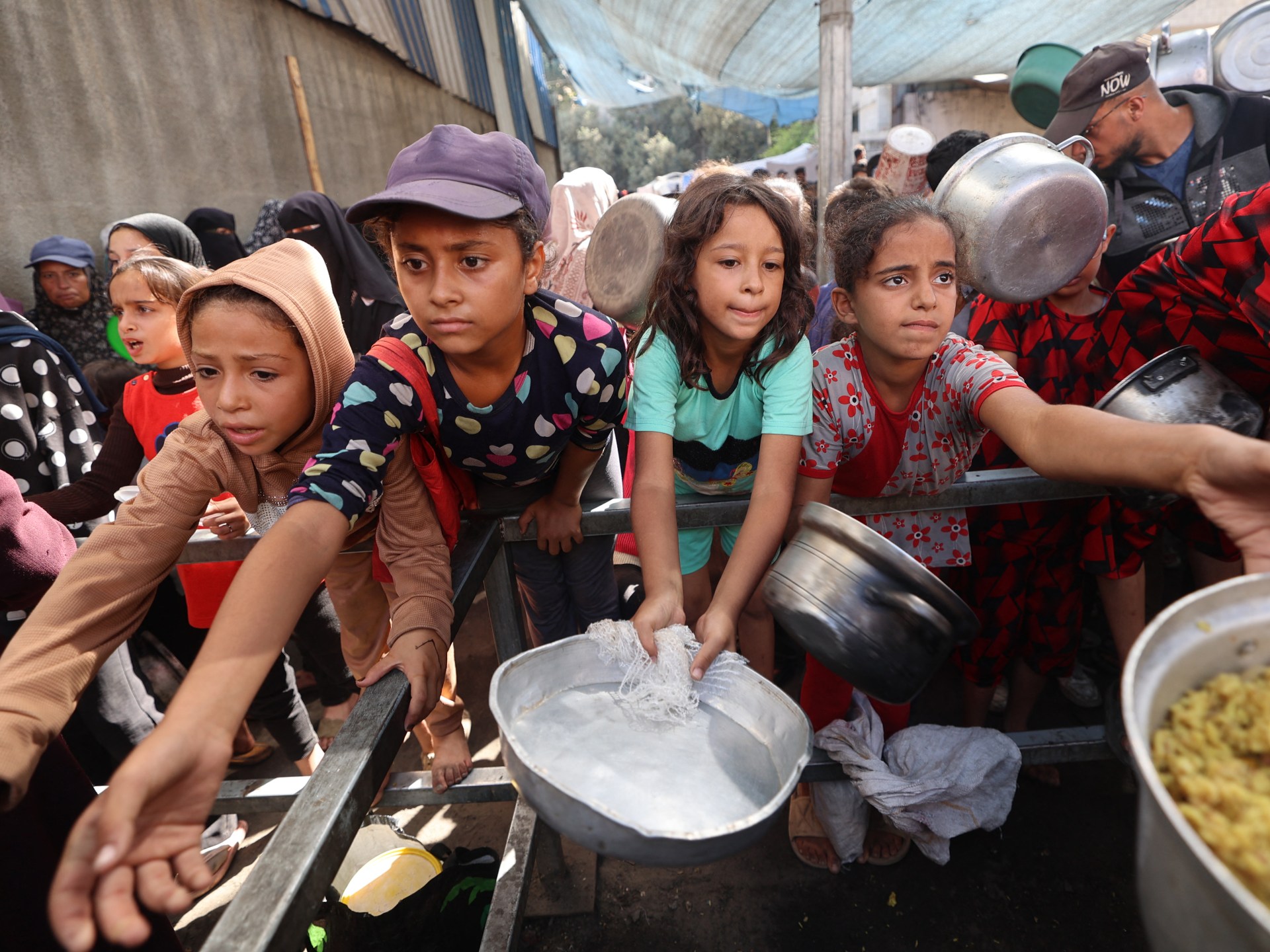
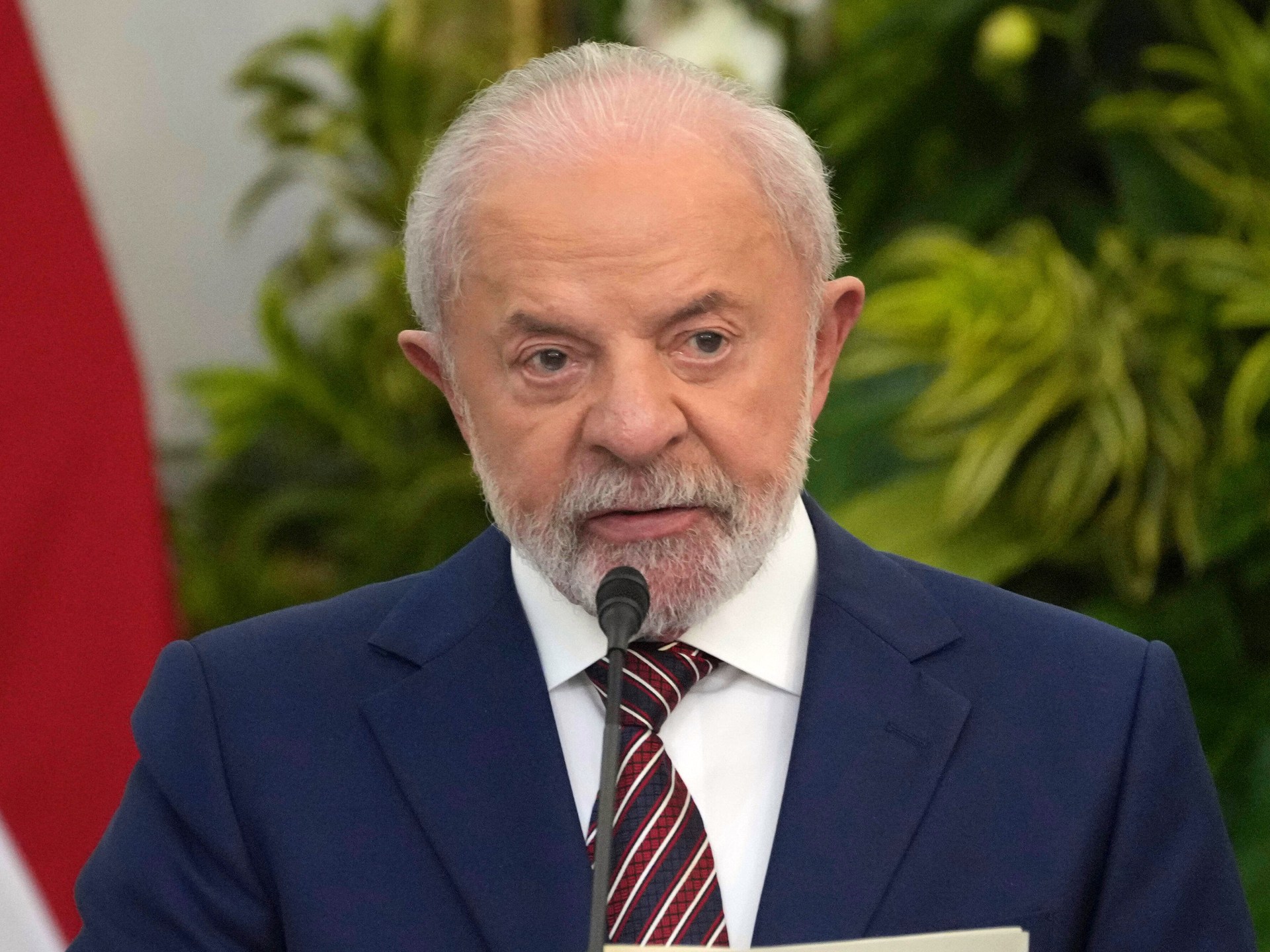

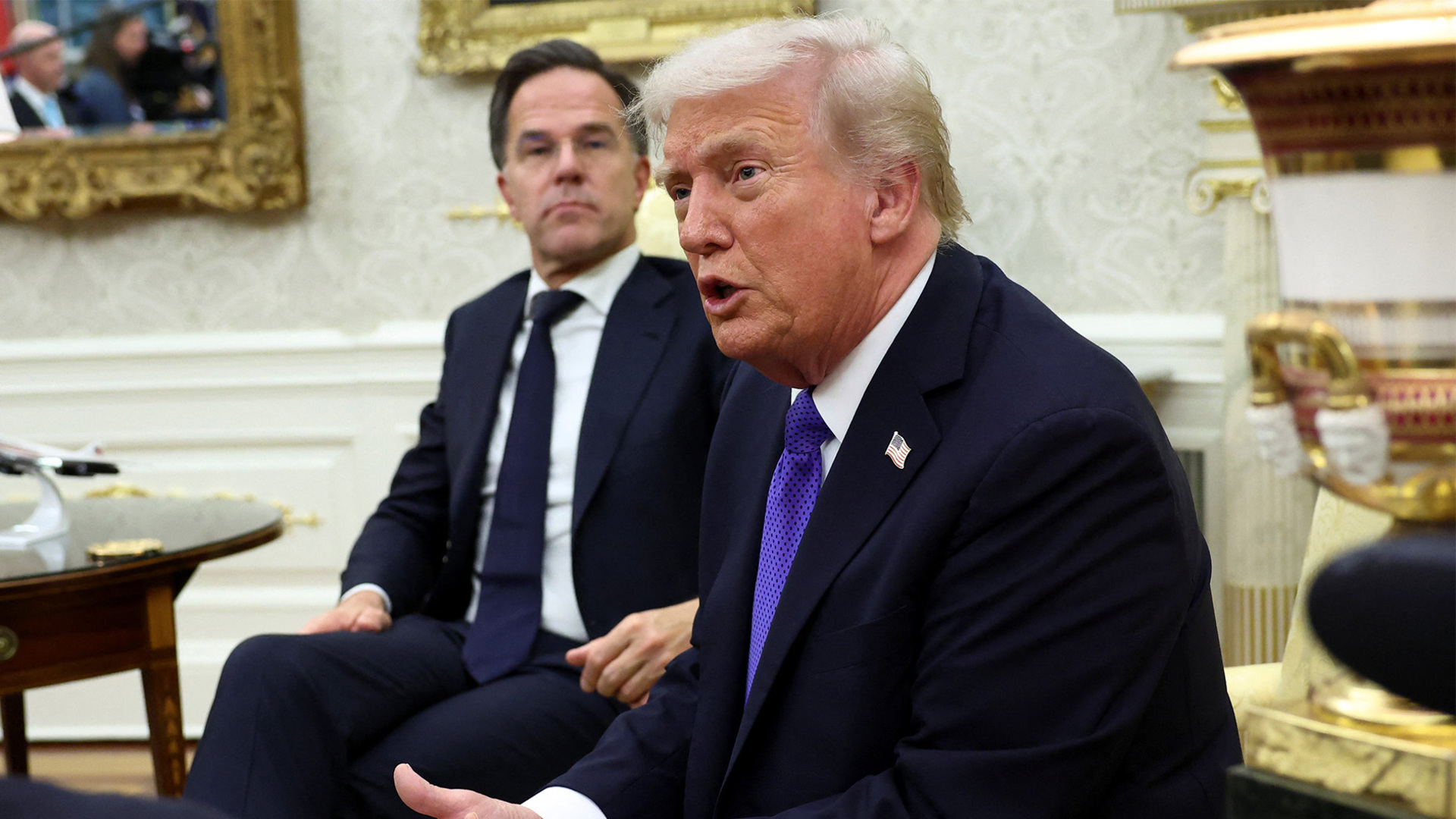


Leave a Reply